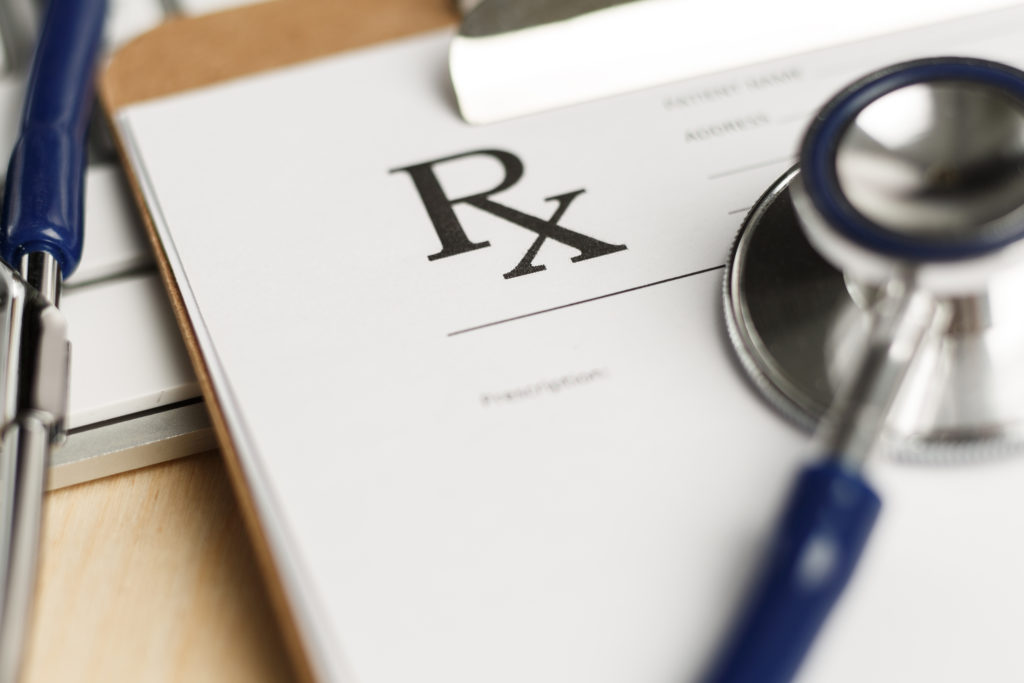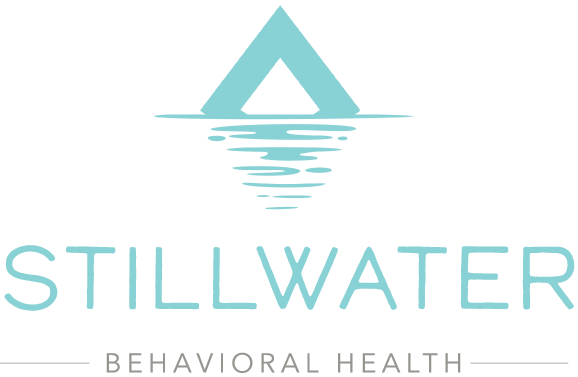Prescription Drug Addiction Signs and Symptoms
Table of contents
- What Are Prescription Drugs?
- Mental Effects of Prescription Drugs and Symptoms of Prescription Drug Addiction
- Behavioral and Social Symptoms of Prescription Drug Addiction
- Physical Effects of Prescription Drug Abuse and Prescription Drug Addiction
- Prescription Drug Addiction Withdrawal Symptoms
- Long Term Effects of Prescription Drug Abuse
- Resources
What Are Prescription Drugs?
Prescription drugs are medicines that are only obtained through doctors’ orders and cannot be bought over the counter. Also, pharmaceutical companies manufacture prescriptions, and prescribed drugs have unique side effects. Find out how to spot prescription drug symptoms below.1

Questions about addiction?
Call Us Now: 1-866-232-9103
Your call is confidential with no obligation required to speak with us.
Are Prescription Drugs Addictive?
Not all prescription drugs are addictive. But several commonly used ones can cause prescription drug symptoms and dependency. It is best to know the symptoms of prescription drug addiction in order to effectively recognize the signs and facilitate the proper care.
What Happens to Your Brain During the Misuse of Prescription Drugs?
Your brain is a delicate balance of chemicals working to help balance your mood, maintain cognitive function, and control countless other bodily systems. Drug use disrupts that system and makes it difficult for your body to regulate itself: the result is impaired mental and physical function.1
Mental Effects of Prescription Drugs and Symptoms of Prescription Drug Addiction
- Depression: Drug use depletes the brain’s ability to produce positive chemicals like endorphins, dopamine, etc. Without these chemicals, depression can take hold.
- Anxiety: Norepinephrine is a natural brain chemical that creates anxiety. Norepinephrine acts as an early warning signal for a dangerous situation in a healthy brain. But, substance use can cause the brain to produce far too much of the chemical. This result is persistent anxiety.
- Irritability: Another factor of prescription drug symptoms is irritability brought about by a disruption of brain chemicals.
- Flat affect: Flat affect refers to an inability to properly express or connect with emotions, either yours or others.
- Memory problems: Side effects of prescribed drugs impact the brain’s frontal lobe and create severe brain fog. The result is forming new memories and drawing upon old ones.
Behavioral and Social Symptoms of Prescription Drug Addiction
Visiting Multiple Doctors For the Same Condition
People visit multiple doctors to get multiple prescriptions, which equals either drugs or money from selling the drugs. Getting a second or third opinion is one thing but bouncing between various clinics is one of the warning signs of prescription drug abuse.
Consuming Prescription Medication Faster than Indicated
Most prescriptions last two weeks to a month. But a person that routinely depletes their supply before the allotted time often does so because of dependency.
Losing Prescriptions and Frequently Requesting Replacements
This act is similar to visiting multiple clinics. The end goal is to obtain as many drug prescriptions as possible.
Stealing or Forging Prescriptions
In addition to stealing prescription drugs, dependency can drive a person to attempt to steal prescription pads from doctors. It’s worth noting that this is one of the signs of prescription drug abuse that can lead to troubles with the law.
Poor Performance and/or Attendance at Work
Prescription drug abuse rewires the brain. Over time getting high becomes a person’s primary focus, making it hard to perform at work. Of all the side effects of prescribed drugs and addiction, poor work performance is one of the factors that can lead to financial ruin.
These are just a few of the effects of abusing prescription drugs.
Physical Effects of Prescription Drug Abuse and Prescription Drug Addiction
Medicine addiction symptoms change the body. These are the physical side effects of prescribed drugs.2
- Intense cravings for the prescription drug: Powerful physical cravings can cause a person to seize up and experience bodily pain. This effect gets worse during withdrawal.
- Nausea and vomiting: Prescription drug symptoms intensify during withdrawal. This leads to nausea and stomach pain.
- Headaches: Headaches from prescription drug symptoms make it difficult to accomplish everyday tasks. They also cause light sensitivity and overall grogginess.
- Slowed breathing: Painkillers and sedatives impact the central nervous system, controlling breathing. When this system is impaired, so are your respiratory functions.
- High body temperature: Drugs interfere with the physical ability to control its temperature. This results in high body heat. Conversely, drugs also interrupt blood flow which can lead to cold extremities. High body heat isn’t one of the signs of prescription drug abuse by itself.

Prescription Drug Addiction Withdrawal Symptoms
Drug use, even one-time, results in withdrawal. For example, getting a hangover from your first-time drinking is a form of withdrawal. Prescription drugs are no different. The longer someone abuses substances, the heavier the withdrawal period. Here’s what prescription drug symptoms do to the body.2
- Depression
- Irritability
- Strong drug cravings
- Sweating
- Headaches
- Shakiness
- Insomnia
- Mania
- Dry, patchy skin
- Thinning hair
- Weight Changes
Signs of prescription abuse vary individually. That’s why a medical professional is needed to make the official diagnosis. Also, medicine addiction symptoms can be indistinguishable from certain mental health conditions and are often present at the same time. If you’re concerned and think someone is experiencing addiction, reach out for help.3
Long Term Effects of Prescription Drug Abuse
An Increased Heart Rate and Other Cardiovascular Issues
Prescription drug symptoms cause an elevated heart rate for an extended period. This strain can cause tears in the heart and its valves, leading to long-term health effects of prescription drug abuse.
Drastic Changes in Mood or Behavior
These changes are due to the depression and anxiety that occur with drug use. Plus, pre-existing mental illness is made worse by substance abuse.
Gastrointestinal Complications
The long-term effect of nausea and vomiting mentioned earlier. It’s caused by substance use and alcohol wearing down the stomach lining, among other things.
Mental Illness Symptoms
As mentioned, prescription drug symptoms aggravate mental illnesses. But they also make it difficult for a doctor to diagnose the mental illness and provide treatment properly.
Permanent Damage to Vital Organs
The heavy strain your body goes through during drug use can wear out your vital organs. Spotting the early signs of prescription drug abuse can prevent this.
Suicidal Ideation
The end result of depression is suicidal ideation. A person begins to see suicide as a way out of their depression. Therefore, getting into recovery and therapy as early as possible is beneficial.
Prescription pill addiction can ruin your life and those around you. Simply put, recovery is the only option and is why Stillwater Treatment provides all the tools and resources you need to be successful. Reach out and get more information.
Resources
- https://www.ncbi.nlm.nih.gov/pmc/articles/PMC4250400/
- https://www.ncbi.nlm.nih.gov/pmc/articles/PMC3039293/
- https://www.mentalhealth.gov/what-to-look-for/mental-health-substance-use-disorders
- https://www.webmd.com/connect-to-care/addiction-treatment-recovery/prescription/signs-of-prescription-drug-abuse


